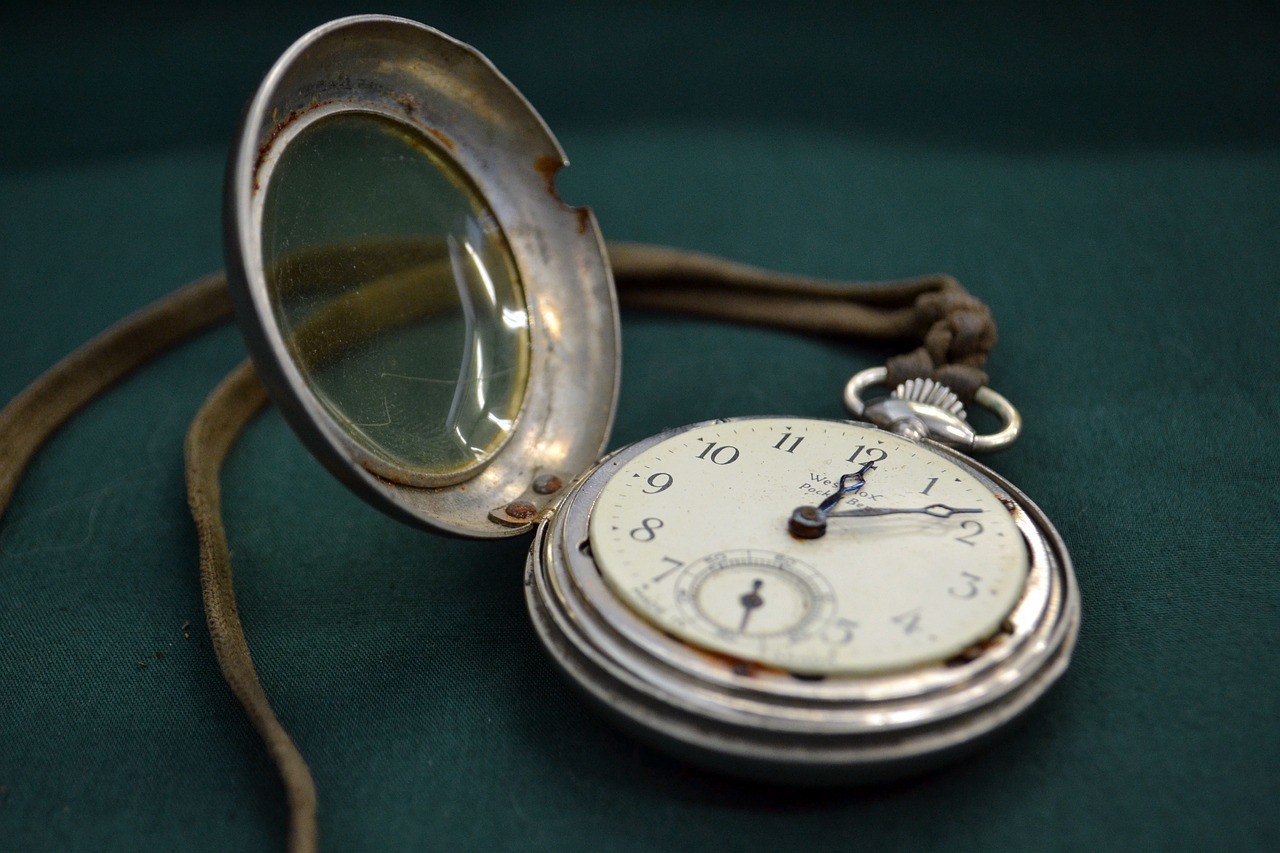
19 Oct Can I put my state tax payments on autopilot?
Photo: pixabay.comQ. I am a New Jersey resident collecting a New York State pension. I am single claiming as zero dependents. The pension amount is $90,000. I am trying to figure out what my state tax payments will be and how I can set up automatic quarterly payments. Or can I pay when I file my 2023 taxes? This is my first year being fully retired. I understand my New York State pension withdraws my federal tax but not my New Jersey state tax. What’s the process?
— Retired now, hooray!
A. Congrats on your retirement.
Putting your tax payments on autopilot is an attractive idea.
Your New Jersey state income tax due will depend on your taxable New Jersey gross income, said Gerard Papetti, a certified financial planner and certified public accountant with U.S. Financial Services in Fairfield.
He said New Jersey does offer a pension exclusion if you meet the following requirements:
1. You are age 62 or older (or disabled by Social Security guidelines) on Dec. 31 of the tax year; and
2. Your total income for the year was $150,000 or less
If you qualify you can claim the lesser of:
1. Your actual pension income; or
2. The maximum pension exclusion amount for your single filing status is as follows:
a. Gross Income is less than $100,000 you can exclude 75%
b. Gross Income is $100,001 to $125,000 you can exclude 37.5%
c. Gross Income is $125,001 to $150,000 you can exclude 18.75%
Papetti said to determine your New Jersey income tax liability, you will need to calculate your New Jersey taxable income and hopefully will be able to qualify for the pension exclusion.
A qualified tax professional, CPA or tax software program can assist in calculating your estimated New Jersey tax due, he said.
You can then file quarterly estimated tax payments on form NJ 1040-ES. They payments are due April 15, June 15, Sept. 15 and Jan. 15 of the following year, he said.
“Depending on your federal tax situation you may benefit from paying the Jan. 15 fourth quarter tax payment in December as you can take that payment as an itemized deduction in the current tax year,” he said. “Note that under current tax law, state and local taxes are limited to $10,000 as an itemized deduction.”
You can pay in several different ways.
You can send a check or money order payable to “State of New Jersey-TGI.” Write your Social Security number on the check or money order and mail to State of New Jersey, Division of Taxation, Revenue Processing Center, P.O. Box 222, Trenton, NJ 08646-0222.
Or you can pay by electronic check (e-check) directly withdrawn from your bank account using the state’s website.
Or you can use a credit card, but processing fees apply, on the state website or by calling (888) 673-7694.
Papetti said you want to make sure to avoid any underpayment penalties. To do so, there are a few options, or exceptions:
Exception 1. Pay 100% of your previous years tax liability through four equal installments.
Exception 2. Subtract the total amount of your current tax year exemptions from prior year gross income and your estimated tax payments are at least equal to the amounts calculated using current year tax exemptions.
Exception 3. Annualization of income based on each quarter’s income earned.
Exception 4. This applies if you have taxes paid to other jurisdictions and you have paid 90% of each quarter’s amount due.
If you want to have the payments made automatically, you’ll need to see if you can schedule it through your bank’s bill paying service.
Email your questions to .
This story was originally published on Oct. 19, 2023.
NJMoneyHelp.com presents certain general financial planning principles and advice, but should never be viewed as a substitute for obtaining advice from a personal professional advisor who understands your unique individual circumstances.

